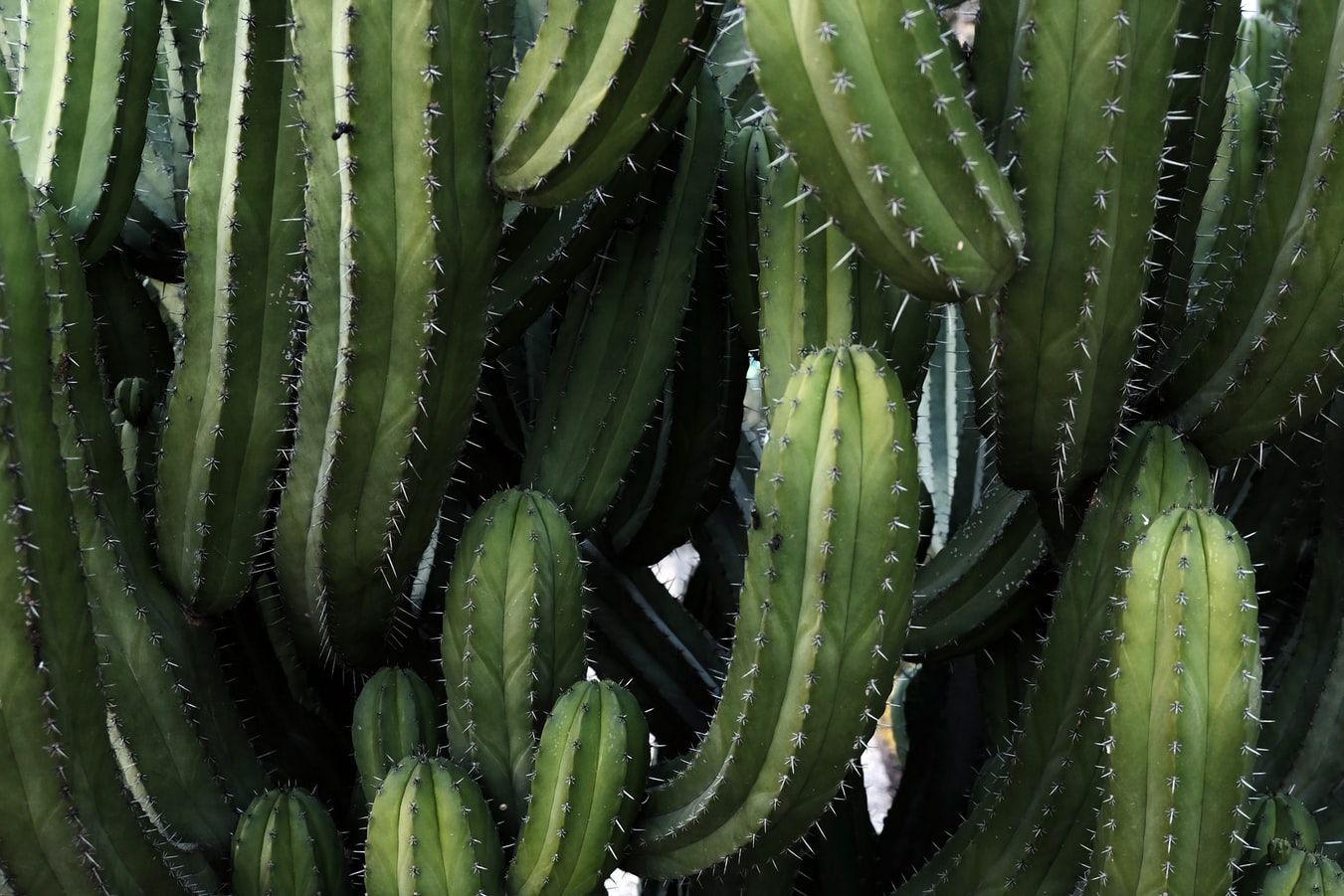CCSS Meeting
Jackson Burkholder has been growing cacti and succulents both as a hobbyist and professionally for nearly 20 years. He has been involved with the Colorado Cactus and Succulent Society for 12 years, and has been a member of the Cactus and Succulent Society of America since 2009. Since then, he has held many leadership positions within the Colorado society including Vice President of Programs, Show Chair, and has served as a show judge for over 5 years. Currently Jackson is on the board of directors of the Cactus and Succulent Society of America.
Jackson recently graduated from Colorado State University with a bachelor’s degree in horticulture and minors in botany and Japanese. He is currently researching xerophyte (plants adapted to live in dry conditions) anatomy, especially the extrafloral nectaries of cacti, in graduate school at Texas State University. This research involves making and interpreting microscope slides of different anatomical features of cacti as well as other plants. Between semesters, he spends time working in his greenhouse and cold frames where he is starting Precision Cactus Growers, a cactus and succulent nursery that specializes in producing both seeds and plants with collection and location data.
In his talk, “An Introduction to Cactus Anatomy,” Jackson will begin by discussing what the science of anatomy is as well as some of the methods and tools commonly used by botanists to study plant anatomy. Next, he will describe some of the unique features of the stems and flowers cactus family that make them very different from all other plants. Finally, he will conclude the talk by telling about his current research on the anatomy of the extrafloral nectaries of cacti. Extrafloral nectaries are plant organs that produce nectar on vegetative tissues and aren’t involved in the plant pollination process. They are found in a wide variety of plant groups, including the cactus family, where they haven’t been intensively studied. Jackson will share what he has found so far in relation to their structure.


